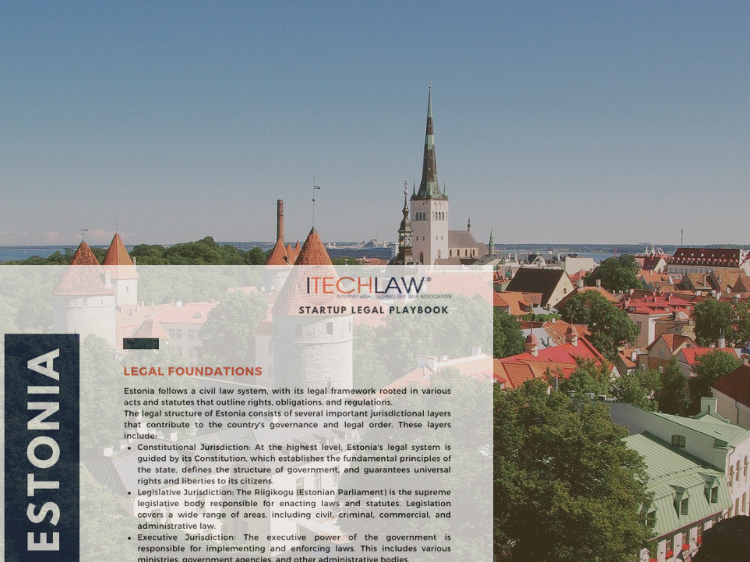
In accordance with the Tallinn Circuit Court judgment, the claim of Albrecht & Dill Trading GmbH was recognized in bankruptcy procedure of Estonian company OMUL-FOT OÜ. The court judgement involves various legal issues regarding international trade law and aspects of interaction of enforcement of foreign arbitral awards and Estonian insolvency procedures. Magnusson team was led by Senior Associate Stig Hendrikson.
Albrecht & Dill Trading GmbH is a company registered in Hamburg, Germany. The company buys, sells, imports and exports cocoa products, including beans, liquor, butter, cake, and powder from around the world. Albrecht & Dill Trading GmbH had entered a transaction totaling approximately 268 tons of cocoa beans. Despite the issuance of invoices, the purchaser failed to fulfill payment obligations totaling approximately 625,000 euros.
FCC arbitral award and Estonian insolvency procedure
Albrecht & Dill Trading claimed that the defendants must accept the demand in the bankruptcy procedure. The arbitral tribunal of the Federation of Cocoa Commerce (FCC) in the United Kingdom had granted the claim with two judgments, both awarding the claimant with the principal claim and interest. The claimant filed an application for the recognition of the arbitral tribunal’s judgment in Estonia, but the defendant became insolvent during the procedure. Therefore, the claimant added the judgments of the FCC to the claim in bankruptcy proceedings but did not rely on them during the procedure, instead opting for ordinary acceptance of claim procedure.
Applicability of CISG
The Court of Appeal notes that if one party to a contract is from another country, it must determine which law shall be applied in the dispute. The regulation of the European Parliament and of the Council about applicable law to contractual obligations (Rome I). Usually, applicable law covering the contract is chosen by the parties. Even if some aspects are covered by certain rules, the law applicable must cover the entire contract.
In case the applicable law has not been chosen, the principal place of business of the seller at the time of signing the contract will be applied. It means that if seller’s principal place of business is in Germany, the law of Germany covers the contract.
In case both parties to contract are in countries which have ratified the Convention for the international Sale of Goods (CISG), this document’s provisions will be applicable. CISG governs contracts for the international sales of goods between private businesses, excluding sales to consumers and sales of services, as well as sales of certain specified types of goods. This convention applies to parties whose principal place of business is in different contracting states. One party to the contract is registered in Estonia and another one is registered in Germany. Both Estonia and Germany have ratified this convention, which means the CISG rules apply directly.
Also, when the international sales agreement is covered by CISG, the unregulated topics are covered by law of Germany. CISG does not regulate the void international sales agreement and questions regarding that, the void of sales agreement must be determined according to law of the state where the seller’s principal place of business is located.
Rome I does not regulate the law used in arbitration. In this case, the sales contract included a clause about arbitration and applicable law. The confirmation of sale had a clause about any dispute arising or being in connection with this contract shall be referred to Arbitration of the Federation of Cocoa Commerce Limited (FCC). The FCC arbitration is concluded under English Law and provides parties who use their contract a fair, timely and economical form of dispute resolution.
Contact

Stig Hendrikson
Senior Associate
Corporate and M&A, Dispute Resolution, Energy, Public procurement, Restructuring and Insolvency, White-Collar Crime
Send me an email +372 670 8401 +372 5560 7064









